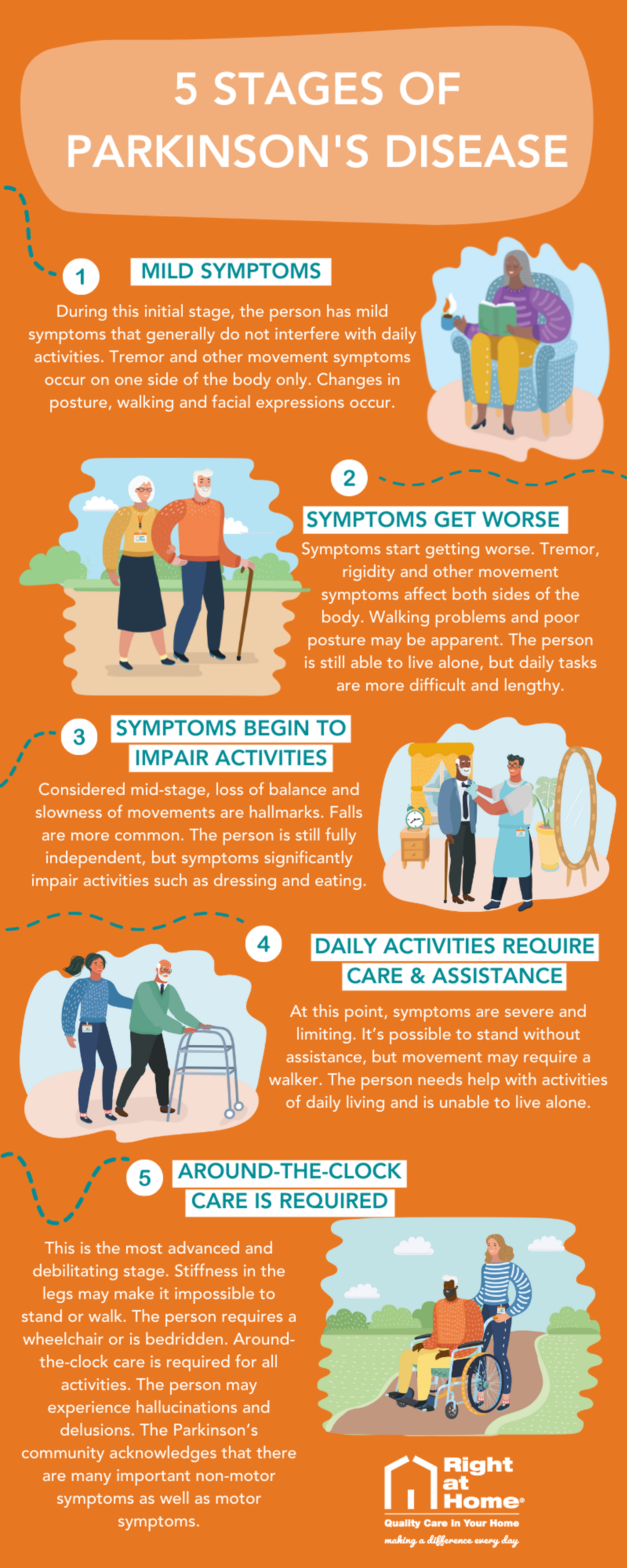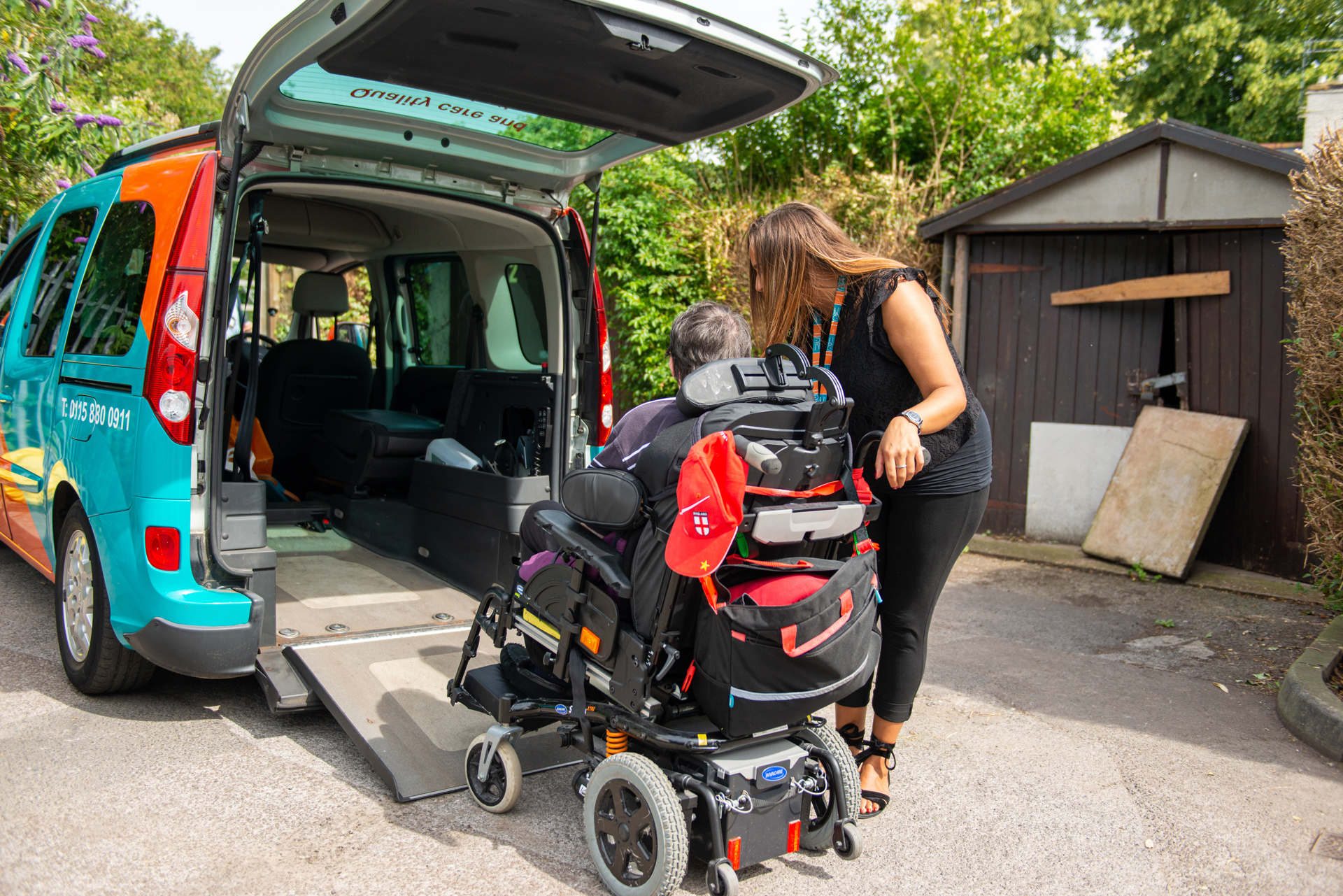What is Parkinson's and how can you help?
Published: 01/03/2023
Despite Parkinson's affecting 1 in 500 people in the UK, and it being the fastest growing neurological condition in the world it is still poorly understood by many people. To help raise awareness and understanding around Parkinson’s, to help people see how they can help themselves, or their loved ones to support someone living with the disease, we thought we'd share some information.
What is Parkinson’s Disease?
Parkinson’s is a progressive neurological disease meaning that it causes problems in the brain which worsen over time. It means that over time, the brain is unable to control certain functions such as body movements. It can affect anyone but symptoms usually start to develop over the age of 50. There are three key symptoms to look out for at the beginning: tremors or shaking, slow movement, and stiff and inflexible muscles.
If you or a loved one start to show these symptoms, we would recommend you to speak to your GP as soon as possible. Not all of the symptoms are as easy to spot however and can include general pain around the body, sleeping problems, memory loss, and mental health problems such as depression or anxiety.
Supporting someone living with Parkinson’s disease
Whether you’re living with the disease yourself or trying to support a loved one, the more you learn about it, the better you can be both supported and supported by someone else.
Maintain a good relationship with your GP
Parkinson’s can be difficult to medicate. The condition is very different in each person and symptoms progressively change over time. Those living with it, can often spend some time finding the correct dosages and combinations to allow them to manage the condition.
Managing Parkinson’s beyond medication
Staying active is an essential part of managing Parkinson’s - doing 2.5 hours of exercise per week can even slow symptoms (Parkinson’s UK, 2022). Alongside maintaining a healthy diet, this will help mental health, as well as physical.
Emotional Support is just as important as managing physical symptoms
It is not uncommon for Parkinson’s to have an impact on mental and emotional health, as anxiety and depression can go hand in hand with memory loss or insomnia. Providing emotional support for a loved one living with mental health problems can be difficult, but you are not alone and there are lots of support groups and wellbeing activities you can consider.
Find someone you can talk to and look after yourself
Discover a local support group for other people caring for someone living with Parkinson’s or for living with Parkinson’s yourself. They may be able to provide advice and support that friends and family can’t – as they can relate to what you are going through. Parkinson’s UK can help you find local groups and activities.

Client | Right at Home"I knew early on that I didn’t want to be a burden to my family and felt uncomfortable being looked after by them - I want them to be my family, not my care team. I was so relieved when Right at Home were able to support me with daily activities."

How Right at Home can help
How Right at Home can help
Caring for a family member can be a huge responsibility, but our specialist services may be able to alleviate some pressure.
Personalised Care Plans
Given the vast differences there can be between different people living with Parkinson’s disease a bespoke care plan can help an individual to achieve their personal goals with the help of a specially matched CareGiver.
Companionship
Lots of people living with Parkinson’s continue to live a life they were used to before – our CareGivers can provide the extra support to enable Clients to continue enjoying their hobbies and interests outside of the home.
Client | Right at Home"I really enjoy the companionship time with my CareGivers, as they support me to go fishing, this is so important to me as it makes me feel normal, continuing to carry out a lifelong hobby."
Emotional support
It can often be difficult coming to terms with a diagnosis - our CareGivers support Clients in understanding their condition and managing the effects on their independence.
Medication assistance
A new combination of medication may be difficult to remember and manage – all our CareGivers receive specialist training to enable them with administering medication or even just prompting Clients to take it when they need to.
Home help
Assisting with light household tasks such as dusting, changing bedding, vacuuming, shopping and food preparation means that Clients can save their energy to focus on activities they enjoy instead.
Client | Right at Home"My team of carers from Right at Home now complete all of my household tasks, which means that I am able to remain living in my own home, they always ask what I would like completing, and we do the shopping together online - nothing is too much trouble for them."
Personal Care
Our discrete services include assistance with washing, dressing, eating, and toileting, when symptoms are worse and affect these abilities.
Our CareGivers understand the unique physical, mental, and emotional challenges faced by those with Parkinson's and while there is no cure, at Right at Home, we know how to support someone living with the condition and can help them live a life as independent as possible.
